Basil seeds, also known as sabja seeds or tukmaria seeds, come from the sweet basil plant (Ocimum basilicum). These small black seeds have gained popularity for their nutritional benefits and their use in various culinary and beverage preparations.
About Basil Seeds
Gelatinous Texture: Basil seeds have an exterior coating that becomes gelatinous when submerged in water or other liquids. The soluble fiber content in the seeds is what gives them their gel-like feel. Because of their distinctive texture, basil seeds are a common addition to many cocktails and sweets.
Benefits of Basil Seeds
- Basil seeds are frequently ingested in hot settings to provide relief from heat due to their cooling and hydration effects. Due to their capacity to absorb water and transform it into a gel-like substance, they are also thought to help with hydration. They are therefore a well-liked option for summer drinks.
- Although further research is needed to completely understand the effects of basil seeds, they are thought to have certain possible health advantages. According to several research, the soluble fiber in basil seeds may improve heart health and help control blood sugar levels. Basil seeds are also thought to have anti-inflammatory and antioxidant effects.
Application of Basil Seeds
Basil seeds are frequently utilized in beverages and sweets throughout many different nations.
They are frequently included in ice cream, fruit juices, smoothies, and falooda, a famous milk-based dessert beverage. The soaked seeds give these recipes a unique and pleasant feel.
Precautions
Although it’s normally safe to eat basil seeds, it’s vital to soak them in water or other liquids beforehand to avoid choking. They swell up considerably in size when soaked, so it’s best to use enough liquid and let them completely swell before eating.

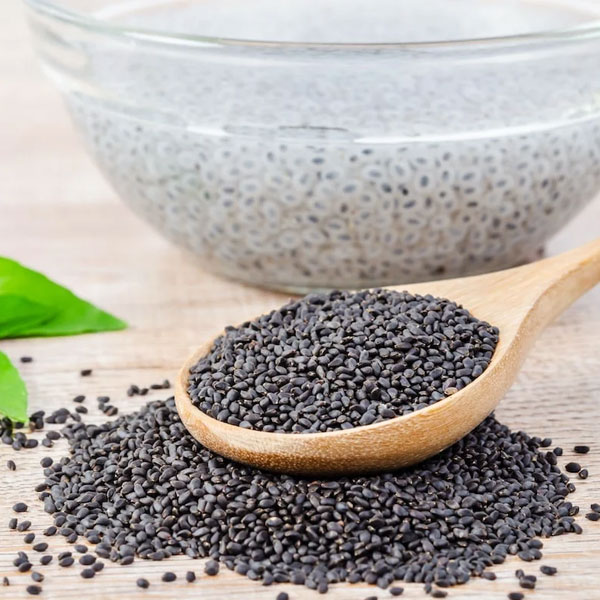
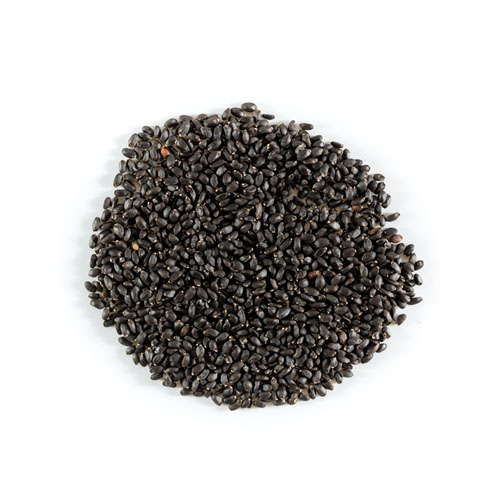
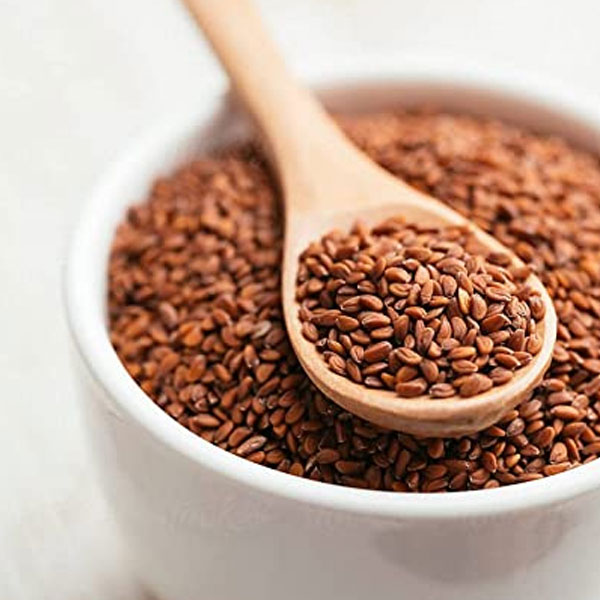
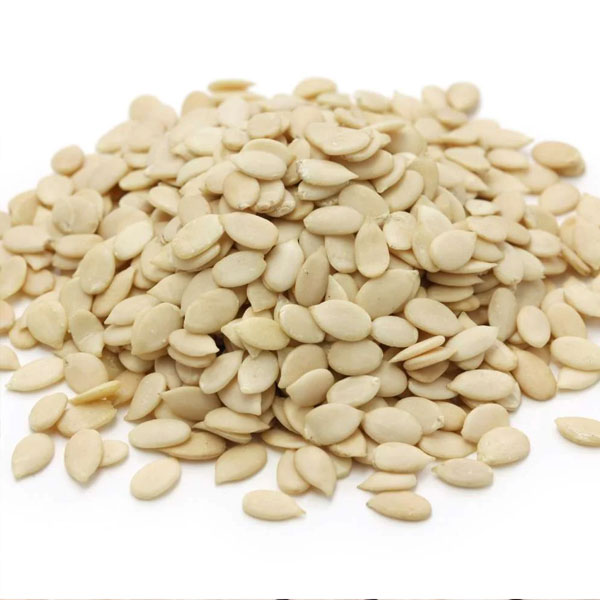
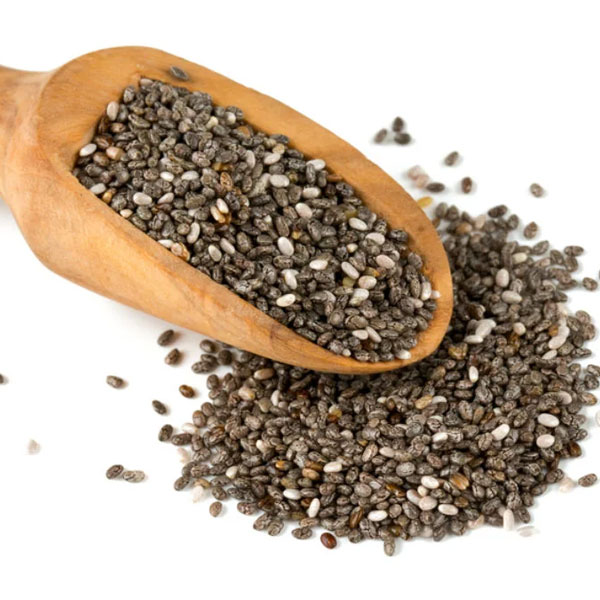

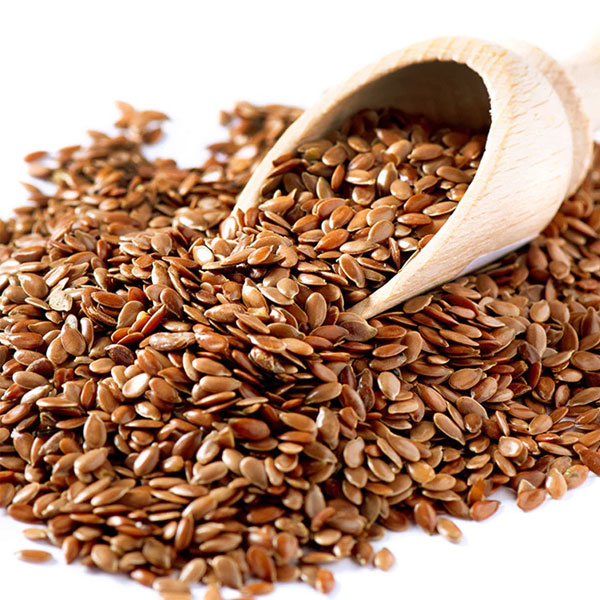
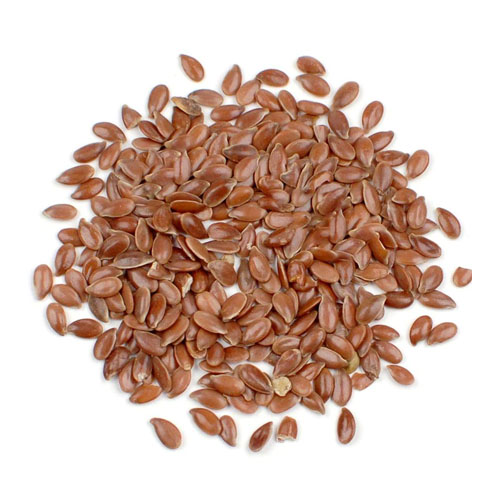
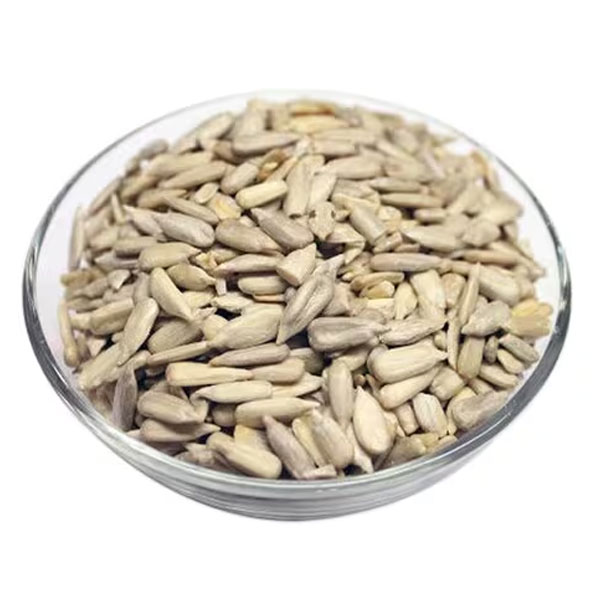
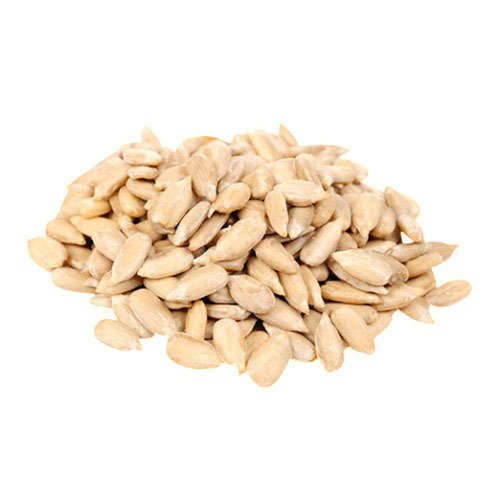
Reviews
There are no reviews yet.